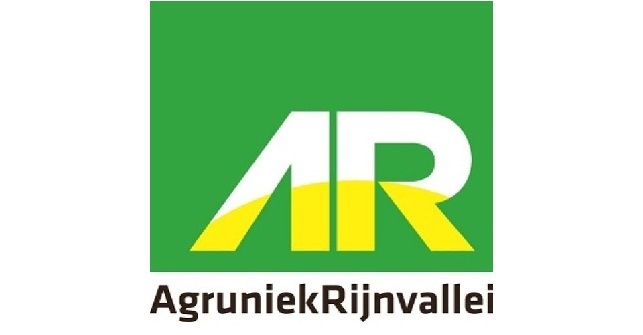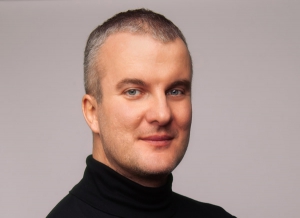
Russian Mushroom Industry
Retrospect Russian Mushroom Days
May 05,
2019
On April 23 and 24, the Russian Mushroom Days took place at the Azimut Olympic Hotel in Moscow. Every year the event attracts more and…
New reality, destruction of stereotypes
Feb 14,
2019
If you ask European mushroom growers what they think about Russian mushroom growing, most likely they politely ask again: Does it really exist?And the answer…
Alexey Efremov for Mushroommatter.com
Jan 21,
2019
In 2001 I started first independent Phase 2 compost production in Russia. In 2012 my facility became the first to produce Phase 3 compost in…























